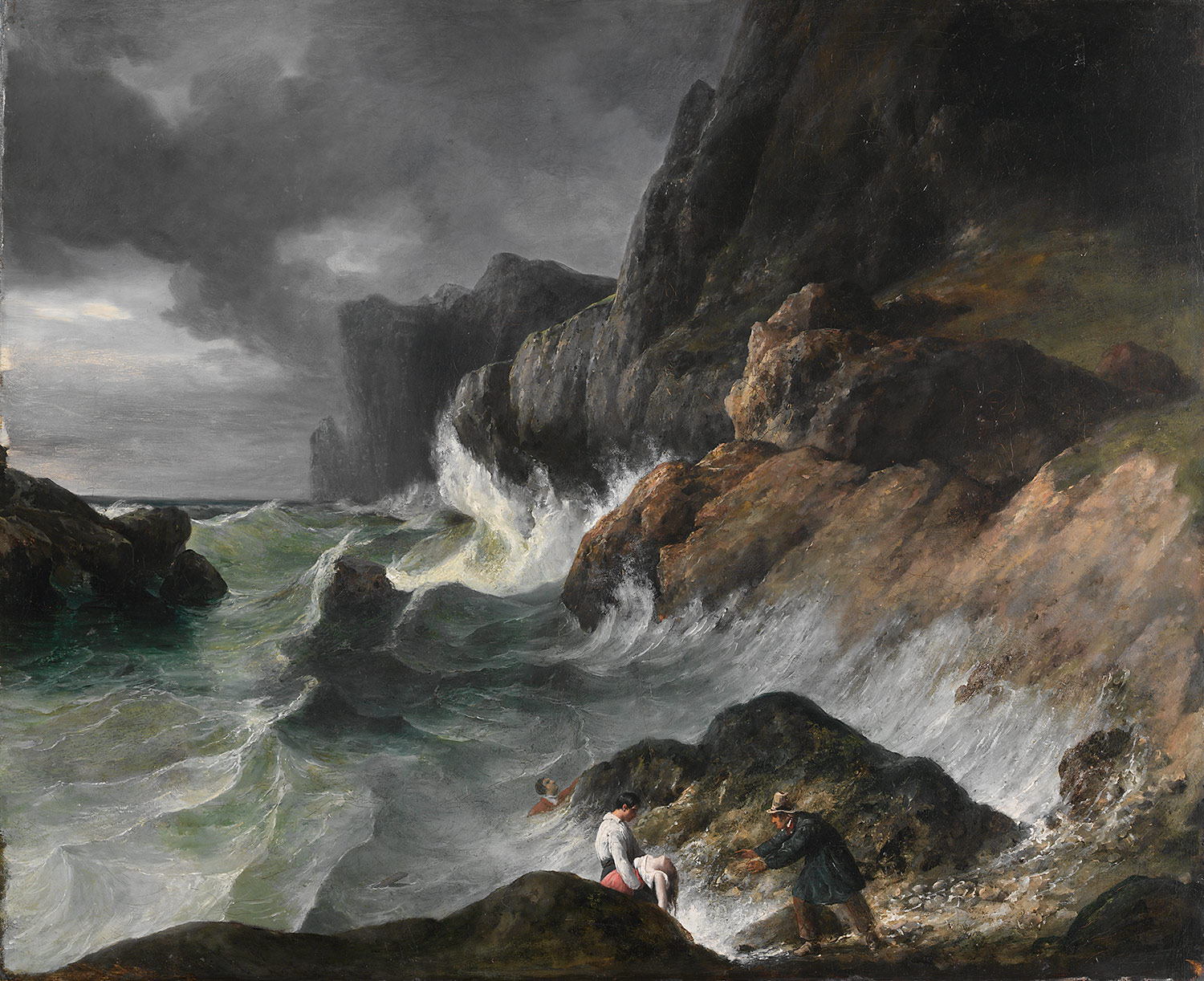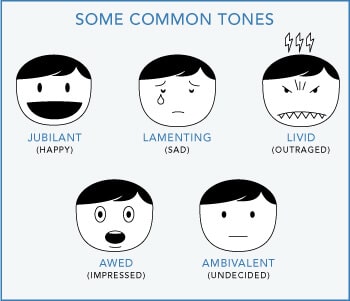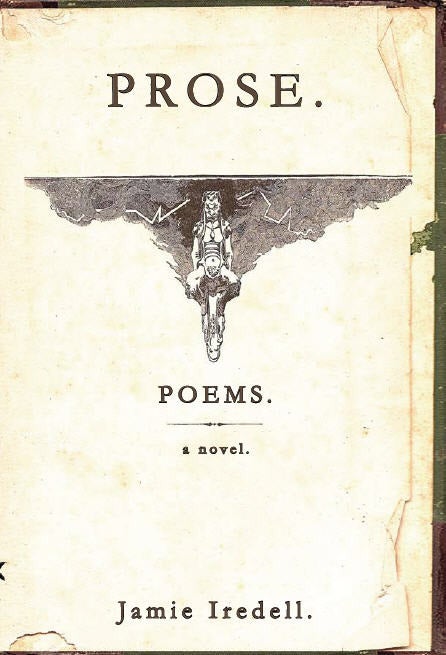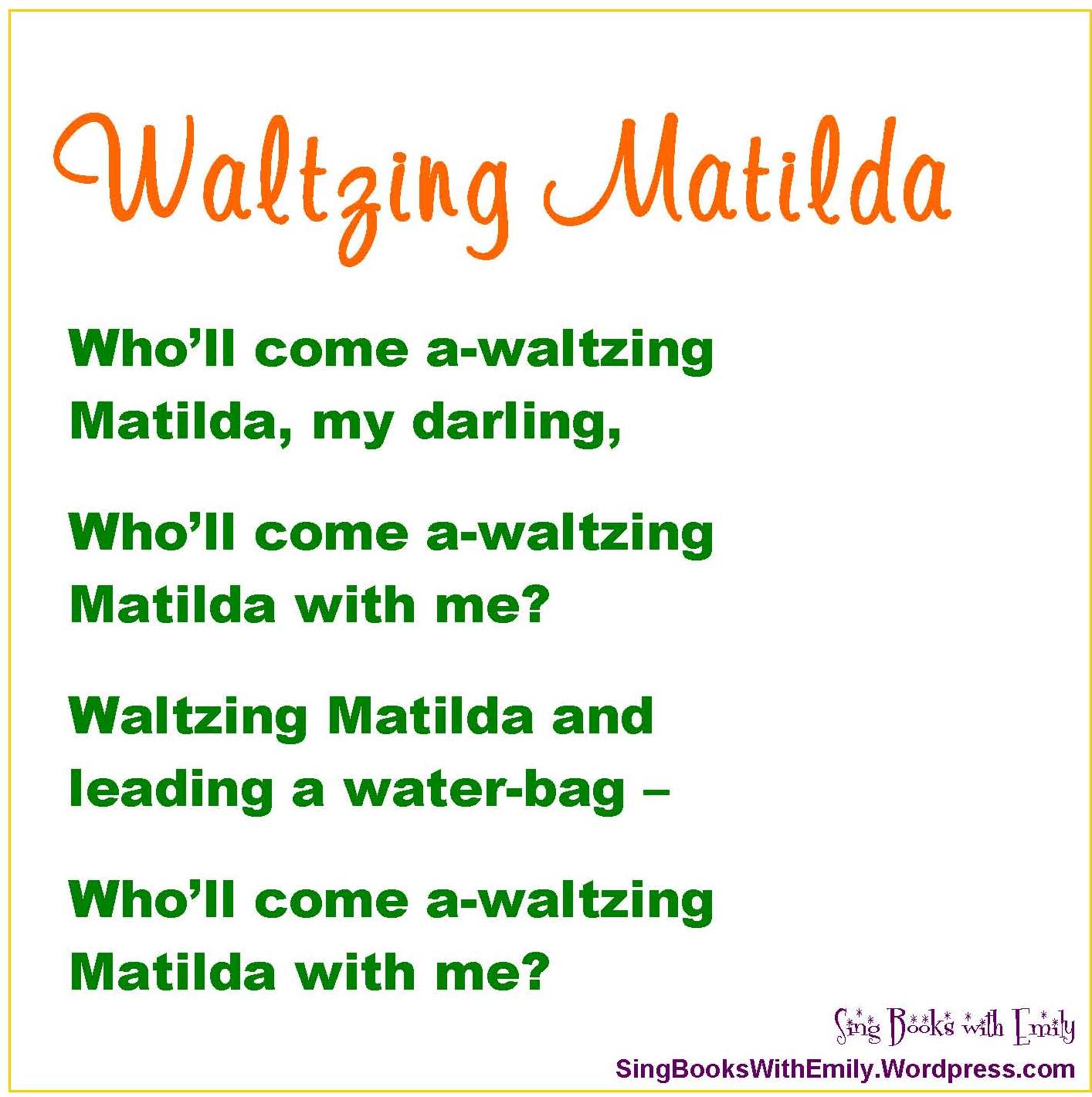Matthew Patel (http://mpatelrhsenglitcomp.blogspot.com/)
I saw Matt writing and he was very focus on it! I cannot really read his paper but I am sure he did a great job!!
Felicitas Ruiz (http://fruizrhsenglitcomp.blogspot.com/)
Even if the time was short, Feli just aced this essay. She has her prewrite very neat and organized. Her essay has enough examples and quotes! Muy bien :)
Valerie Gonzalez (http://vgonzalezrhsenglitcomp.blogspot.com/)
Valerie and I got 'phinxed' by Isaiah. I was in panic for a long time but Valerie knew what to write right away. I was jealous!! I think she wrote about " Great Expectations" and I remember that she was very focused.
Megan Hardisty (http://mhardistyrhsenglitcomp.blogspot.com/)
Her pre-write looks great! It is very organized and I see that she knows what she is writing about. Also her actual essay looks good too. I like her hook!
Hayden Robel (http://hrobelrhsenglitcomp.blogspot.com/)
Woah, I am sorry but I cannot read his essay... But his pre-write looks good. I usually use bubble diagram too. And his essay.... I am sure it is great too! Maybe work on your writing next time haha
Monday, February 25, 2013
Thursday, February 21, 2013
FIRST QUARTER REVIEW
To tell you the truth, I have been so lazy this quarter. I did all of my assignments but I did not try them hard as I did last semester. I know I should not do this but since I have been busy for last three and a half years in high school, I feel like I need a break.
For my senior project... I am actually really stuck on that. I want to make it special but I cannot think of anything right now. CWG and BQ, great.
Next quarter, I need to start motivating again for AP tests. I do not want to waste freakin' $81 worth of the test (DISGUSTING AMOUNT<yes, I am mad.>) And I will pay attention more in class, sorry Dr. Preston!
Suggestions? Before the AP test, we should work on some reading materials(?) Like those reading and answering questions thing. I really need to work on that.
For my senior project... I am actually really stuck on that. I want to make it special but I cannot think of anything right now. CWG and BQ, great.
Next quarter, I need to start motivating again for AP tests. I do not want to waste freakin' $81 worth of the test (DISGUSTING AMOUNT<yes, I am mad.>) And I will pay attention more in class, sorry Dr. Preston!
Suggestions? Before the AP test, we should work on some reading materials(?) Like those reading and answering questions thing. I really need to work on that.
Tuesday, February 19, 2013
Lit Term 108-End
1. Rhetorical Question: question suggesting its own answer or not requiring an answer; used in argument or persuasion.

2. Rising Action: plot build up, caused by conflict and complications, advancement toward climax.

3. Romanticism: movement in western culture beginning in the eighteenth and pearking in the nineteenth century as a revolt against Classicism; imagination was valued over reason and fact.
4. Satire: ridicules or condemns the weakness and wrong doings of individuals, groups, institutions, or humanity in general.
5. Scansion: the analysis of verse in terms of meter.
6. Setting: the time and place in whcih events in a short story, novel, play, or narrative poem occur.

7. Simile: a figure of speech comparing two essentially unlike things through the use of a specific word of comparison.

8. Soliloquy: an extended speech, usually in a drama, delivered by a character alone on stage.

9. Spiritual: a folk song, usually on a religious theme.
10. Speaker: a narrator, the one speaking.

11. Stereotype: cliché; a simplified, standardized conception with a special meaning and appeal for members of a group; a formula story.
 12. Stream of Consciousness: the style of writing that attempts to imitate the natural flow of a character's thoughts, feelings, reflections, memories, and mental images, as the character experiences them.
12. Stream of Consciousness: the style of writing that attempts to imitate the natural flow of a character's thoughts, feelings, reflections, memories, and mental images, as the character experiences them.

13. Structure: the planned framework of a literary selection; its apparent organization.

14. Style: the manner of putting thoughts into words; a characteristic way of writing or speaking.
15. Subordination: the couching of less important ideas in less important structures of language.

16. Surrealism: a style in literature and painting that stresses the subconscious or the nonrational aspects of man's existence characterized by the juxtaposition of the bizarre and the banal.
17. Suspension of Disbelief: suspend not believing in order to enjoy it.

18. Symbol: something which stands for something else; yet has a meaning of its own.

19. Synesthesia: the use of one sense to convey the experience of another sense.

20. Synecdoche: another form of name changing, in which a part stands for the whole.
21. Syntax: the arrangement and grammatical relations of words in a sentence.
22. Theme: main idea of the story; its message(s).
23. Thesis: a proposition for consideration, especially one to be discussed and proved or disapproved: the main idea.

24. Tone: the devices used to create the mood and atmosphere of a literary work; the author's perceived point of view. 25. Tongue in Cheek: a type of humor in which the speaker feigns seriousness; a.k.a. "dry" or "dead pan"

2. Rising Action: plot build up, caused by conflict and complications, advancement toward climax.

3. Romanticism: movement in western culture beginning in the eighteenth and pearking in the nineteenth century as a revolt against Classicism; imagination was valued over reason and fact.
4. Satire: ridicules or condemns the weakness and wrong doings of individuals, groups, institutions, or humanity in general.
5. Scansion: the analysis of verse in terms of meter.
6. Setting: the time and place in whcih events in a short story, novel, play, or narrative poem occur.

7. Simile: a figure of speech comparing two essentially unlike things through the use of a specific word of comparison.

8. Soliloquy: an extended speech, usually in a drama, delivered by a character alone on stage.

9. Spiritual: a folk song, usually on a religious theme.
10. Speaker: a narrator, the one speaking.

11. Stereotype: cliché; a simplified, standardized conception with a special meaning and appeal for members of a group; a formula story.


13. Structure: the planned framework of a literary selection; its apparent organization.
14. Style: the manner of putting thoughts into words; a characteristic way of writing or speaking.
15. Subordination: the couching of less important ideas in less important structures of language.

17. Suspension of Disbelief: suspend not believing in order to enjoy it.

18. Symbol: something which stands for something else; yet has a meaning of its own.

19. Synesthesia: the use of one sense to convey the experience of another sense.

20. Synecdoche: another form of name changing, in which a part stands for the whole.
21. Syntax: the arrangement and grammatical relations of words in a sentence.
22. Theme: main idea of the story; its message(s).
23. Thesis: a proposition for consideration, especially one to be discussed and proved or disapproved: the main idea.

24. Tone: the devices used to create the mood and atmosphere of a literary work; the author's perceived point of view. 25. Tongue in Cheek: a type of humor in which the speaker feigns seriousness; a.k.a. "dry" or "dead pan"
BOB I
Good!
(not in order)
Danielle Galindo: http://danig14.blogspot.com/
Valerie Gonzalez: http://vgonzalezrhsenglitcomp.blogspot.com/
Reed Conforti: http://rconfortirhsenglitcomp.blogspot.com/
Samantha Garrison: http://sgarrisonrhsenglitcomp.blogspt.com/
Megan Hardisty: http://mhardistyrhsenglitcomp.blogspot.com/
Abby Kuhlman: http://akuhlmanrhsenglitcomp.blogspot.com/
Isiah Mabansag: http://isiahmabansag.blogspot.com/
Conor McNamara: http://www.csmrhsenglitcomp.blogspot.com/
Josh Ng: http://jngrhsenglitcomp.blogspot.com/
Dulce Vargas: http://dvargasrhsenglitcomp1.blogspot.com/
Nathan Oh: http://norhsenglitcomp.blogspot.com/
Matthew Patel: http://mpatelrhsenglitcomp.blogspot.com/
Felicitas Ruiz: http://fruizrhsenglitcomp.blogspot.com/
Erika Snell: http://www.esnellrhsenglitcomp.blogspot.com/
Alex Lane: http://alanerhsenglitcomp.blogspot.com/
Ashley Wilburn: http://awilburnrhsenglitcomp.blogspot.com/
Chanel Yamaguchi: http://cyamaguchirhsenglitcomp.blogspot.com/
Devon Tomooka: http://dtomookarhsenglitcomp.blogspot.com/
Tanner Tuttle: http://ttuttlerhsenglitcomp1.blogspot.com/
Ryunhee Kim: http://rkimrhsenglitcomp.blogspot.com/
Travis Knight: http://tmkrhsenglitcomp.blogspot.com/
Justin Thompson http://jthompson2rhsenglitcomp.blogspot.com/
Mid!
(Not in order)Cassidy Ashlock: http://cashlockrhsenglitcomp.blogspot.com/
Sebastian Guillen: http://sguillenrhsenglitcomp.blogspot.com/
Troy Prober: http://tproberrhsenglitcomp.blogspot.com/
Alicia Hernandez: http://ahernandezrhsenglitcomp.blogspot.com/
Haleigh Jones: http://hjonesrhsenglitcomp.blogspot.com/
Brady Redman: http://bredmanrhsenglitcomp.blogspot.com/
Kristofer Green: http://kgreenrhsenglitcomp.blogspot.com/
Jason Reinwald: http://www.jreinwaldrhsenglitcomp.blogspot.com/
Carly Koertge: http://ckoertgerhsenglitcomp.blogspot.com/
Bailey Nelson: http://bnelsonrhsenglitcomp.blogspot.com/
Conner Patzman: http://cpatzmanrhsenglitcomp.blogspot.com/
Colleen Livingstone: http://clivingstonerhsenglitcomp.blogspot.com
(not in order)
Danielle Galindo: http://danig14.blogspot.com/
Valerie Gonzalez: http://vgonzalezrhsenglitcomp.blogspot.com/
Reed Conforti: http://rconfortirhsenglitcomp.blogspot.com/
Samantha Garrison: http://sgarrisonrhsenglitcomp.blogspt.com/
Megan Hardisty: http://mhardistyrhsenglitcomp.blogspot.com/
Abby Kuhlman: http://akuhlmanrhsenglitcomp.blogspot.com/
Isiah Mabansag: http://isiahmabansag.blogspot.com/
Conor McNamara: http://www.csmrhsenglitcomp.blogspot.com/
Josh Ng: http://jngrhsenglitcomp.blogspot.com/
Dulce Vargas: http://dvargasrhsenglitcomp1.blogspot.com/
Nathan Oh: http://norhsenglitcomp.blogspot.com/
Matthew Patel: http://mpatelrhsenglitcomp.blogspot.com/
Felicitas Ruiz: http://fruizrhsenglitcomp.blogspot.com/
Erika Snell: http://www.esnellrhsenglitcomp.blogspot.com/
Alex Lane: http://alanerhsenglitcomp.blogspot.com/
Ashley Wilburn: http://awilburnrhsenglitcomp.blogspot.com/
Chanel Yamaguchi: http://cyamaguchirhsenglitcomp.blogspot.com/
Devon Tomooka: http://dtomookarhsenglitcomp.blogspot.com/
Tanner Tuttle: http://ttuttlerhsenglitcomp1.blogspot.com/
Ryunhee Kim: http://rkimrhsenglitcomp.blogspot.com/
Travis Knight: http://tmkrhsenglitcomp.blogspot.com/
Justin Thompson http://jthompson2rhsenglitcomp.blogspot.com/
Mid!
(Not in order)Cassidy Ashlock: http://cashlockrhsenglitcomp.blogspot.com/
Sebastian Guillen: http://sguillenrhsenglitcomp.blogspot.com/
Troy Prober: http://tproberrhsenglitcomp.blogspot.com/
Alicia Hernandez: http://ahernandezrhsenglitcomp.blogspot.com/
Haleigh Jones: http://hjonesrhsenglitcomp.blogspot.com/
Brady Redman: http://bredmanrhsenglitcomp.blogspot.com/
Need to catch up!
(Not in order)
Karianne LaPlante: http://kariannelaplantesblog.blogspot.com/
Brittany Cunningham: http://bcunninghamrhsenglitcomp.blogspot.com/Kristofer Green: http://kgreenrhsenglitcomp.blogspot.com/
Jason Reinwald: http://www.jreinwaldrhsenglitcomp.blogspot.com/
Carly Koertge: http://ckoertgerhsenglitcomp.blogspot.com/
Bailey Nelson: http://bnelsonrhsenglitcomp.blogspot.com/
Conner Patzman: http://cpatzmanrhsenglitcomp.blogspot.com/
Colleen Livingstone: http://clivingstonerhsenglitcomp.blogspot.com
Monday, February 18, 2013
I AM HERE
My SMART goal is to find my future goal. I have not find them yet. I still does not know what i want to study in college or what I want to become. AHHHHHHHH! Oh well, hopefully I can find them soon. My senior project... I still have no idea what I can do for that. I want to make it special but I have nothing special in my mind... yet. Collaborative working group? Well, I don't really like studying with a group but if it is a project, then I love collaborating. To tell you the truth, I am so stressed out about colleges that I cannot concentrate in school right now. I try to do all the homework and concentrate in the class, but I have no strength or energy. I know this is my problem and I have to fix it for myself, but (man...) I am so nervous...
Thursday, February 14, 2013
Lit Term 83-108
1. Omniscient Point of View: knowing all things, usually the third person.
2. Onomatopoeia: use of a word whose sound in some degree imitates or suggests its meaning.
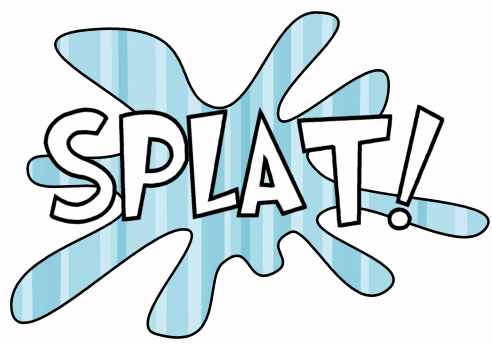
3. Oxymoron: a figure of speech in which two contradicting words or phrases are combined to produce a rhetorical effect by means of a concise paradox.
4. Pacing: rate of movement; tempo.
5. Parable: a story designed to convey some religious principle, moral lesson, or general truth.

6. Paradox: a statement apparently self-contradictory or absurd but really containing a possibe truth; an opinion contrary to generally accepted ideas.
7. Parallelism: the principle in sentence structure that states elements of equal functions should have equal form.
8. Parody: an imitation of mimicking of a composition or of the style of a well-known artist.
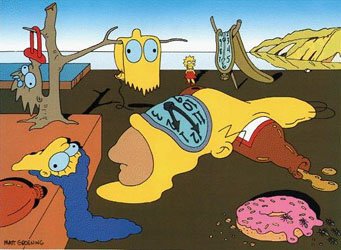
9. Pathos: the ability in literature to call forth feelings of pity, compassion, and/or sadness.
10. Pedantry: a display of learning for its own sake.
11. Personification: a figure of speech attributing human qualities to inanimate objects or abstract ideas.
12. Plot: a plan or scheme to accomplish a purpose.

13. Poignant: eliciting sorrow or sentiment.

14. Point of View: the attitude unifying any oral or written argumentation; in description, the physcial point from which the observer views what he is describing.

15. Postmodernism: literature characterized by experimentation, irony, nontradictional forms, multiple meanings, playfulness and blurred boundary between real and imaginary.
16. Prose: the ordinary form of spoken and written language; language that does not have a regular rhymen pattern.
17. Protagonist: the central character in a work of fiction; opposes antagonist.
 18. Pun: play on words; the humorous use of a word emphasizing different meanings or applications.
18. Pun: play on words; the humorous use of a word emphasizing different meanings or applications.
19. Purpose: the intended result wished by an author.

20. Realism: writing about the ordinary aspects of life in a straightforward manner to reflect life as it actually is.

21. Refrain: a phrase or verse recurring at intervals in a poem or song; chorus.
22. Requiem: any chant, dirge, hymn, or musical service for the dead.
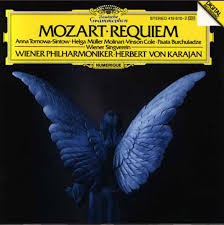
23. Resolution: point in a literary work at which the chief dramatic complication is worked out; denouement.
24. Restatement: idea repeated for emphasis.
25. Rhetoric: use of language, both writeen and verbal in order to persuade.
2. Onomatopoeia: use of a word whose sound in some degree imitates or suggests its meaning.

3. Oxymoron: a figure of speech in which two contradicting words or phrases are combined to produce a rhetorical effect by means of a concise paradox.
4. Pacing: rate of movement; tempo.
5. Parable: a story designed to convey some religious principle, moral lesson, or general truth.

6. Paradox: a statement apparently self-contradictory or absurd but really containing a possibe truth; an opinion contrary to generally accepted ideas.
7. Parallelism: the principle in sentence structure that states elements of equal functions should have equal form.
8. Parody: an imitation of mimicking of a composition or of the style of a well-known artist.

9. Pathos: the ability in literature to call forth feelings of pity, compassion, and/or sadness.
10. Pedantry: a display of learning for its own sake.
11. Personification: a figure of speech attributing human qualities to inanimate objects or abstract ideas.
12. Plot: a plan or scheme to accomplish a purpose.

13. Poignant: eliciting sorrow or sentiment.

14. Point of View: the attitude unifying any oral or written argumentation; in description, the physcial point from which the observer views what he is describing.

15. Postmodernism: literature characterized by experimentation, irony, nontradictional forms, multiple meanings, playfulness and blurred boundary between real and imaginary.
16. Prose: the ordinary form of spoken and written language; language that does not have a regular rhymen pattern.
17. Protagonist: the central character in a work of fiction; opposes antagonist.

19. Purpose: the intended result wished by an author.

20. Realism: writing about the ordinary aspects of life in a straightforward manner to reflect life as it actually is.

21. Refrain: a phrase or verse recurring at intervals in a poem or song; chorus.
22. Requiem: any chant, dirge, hymn, or musical service for the dead.
23. Resolution: point in a literary work at which the chief dramatic complication is worked out; denouement.
24. Restatement: idea repeated for emphasis.
25. Rhetoric: use of language, both writeen and verbal in order to persuade.
Subscribe to:
Posts (Atom)
